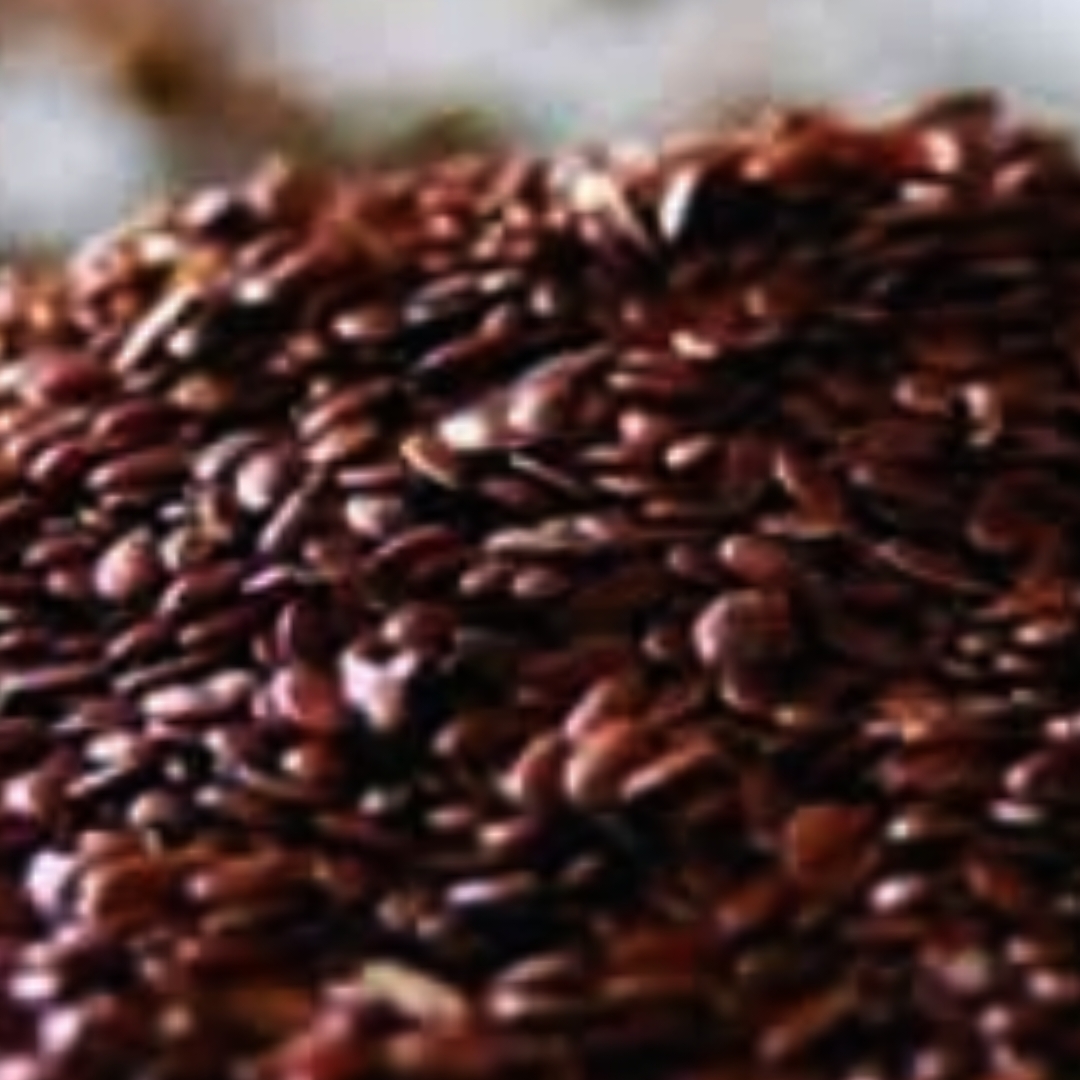Flax seeds are a powerhouse of nutrients that can greatly benefit your overall well-being. By incorporating flax seeds into your daily diet, you can experience a range of positive changes. Let’s take a closer look at what you can expect:
The high dietary fiber content in flax seeds is excellent for your digestive system. Not only does it help prevent constipation, but it also promotes stable bowel movements. Additionally, the fiber in flax seeds acts as nourishment for the beneficial bacteria in your gut, supporting a healthy gut microbiome.
Flax seeds are an exceptional source of alpha-linolenic acid (ALA), a plant-based omega-3 fatty acid. Regular consumption of ALA has been linked to a reduced risk of cardiovascular diseases. Flax seeds also contain lignans and fiber, which can lower blood cholesterol levels and improve heart health.
The fiber in flax seeds slows down the release of glucose into your bloodstream, helping to maintain steady blood sugar levels. This is particularly beneficial for individuals with type 2 diabetes. Some studies suggest that daily consumption of flax seeds can significantly reduce blood sugar levels.
Flax seeds contain ALA omega-3 fatty acids, lignans, and antioxidants that contribute to reducing inflammation in the body. This can be particularly helpful in managing conditions associated with chronic inflammation such as arthritis and autoimmune diseases, while also promoting overall health.
With their high fiber content, flax seeds can help you feel full for longer, naturally reducing calorie intake and aiding in weight management. Additionally, the protein in flax seeds contributes to a sense of satiety, helping to control hunger pangs.
The essential fatty acids present in flax seeds can enhance skin hydration and smoothness, potentially reducing dryness and flakiness. Furthermore, these fatty acids provide nourishment to the scalp and hair follicles, leading to healthier and shinier hair.
How to Incorporate Flax Seeds into Your Diet
Ground or Milled Flax Seeds: To fully reap the benefits, it’s best to consume flax seeds in their ground form. Whole flax seeds may pass through your digestive system without being fully broken down. You can easily grind flax seeds using a coffee grinder or purchase pre-ground flax seeds.
Adding to Food: Sprinkle ground flax seeds on top of yogurt, cereal, salads, or incorporate them into your smoothies. You can also include them in baking recipes such as bread, muffins, or cookies.
Flaxseed Oil: Use flaxseed oil as a salad dressing or add it to your smoothies. However, keep in mind that flaxseed oil does not contain the fiber found in whole or ground seeds.
In conclusion, incorporating flax seeds into your daily routine can have a significant positive impact on various aspects of your health. However, it’s important to start with small amounts and gradually increase your intake to avoid any potential side effects such as bloating or abdominal discomfort. Remember to drink plenty of water when increasing your fiber intake and consult with a healthcare provider if you have any specific health conditions or dietary restrictions. Cheers to a healthier you with flax seeds!
